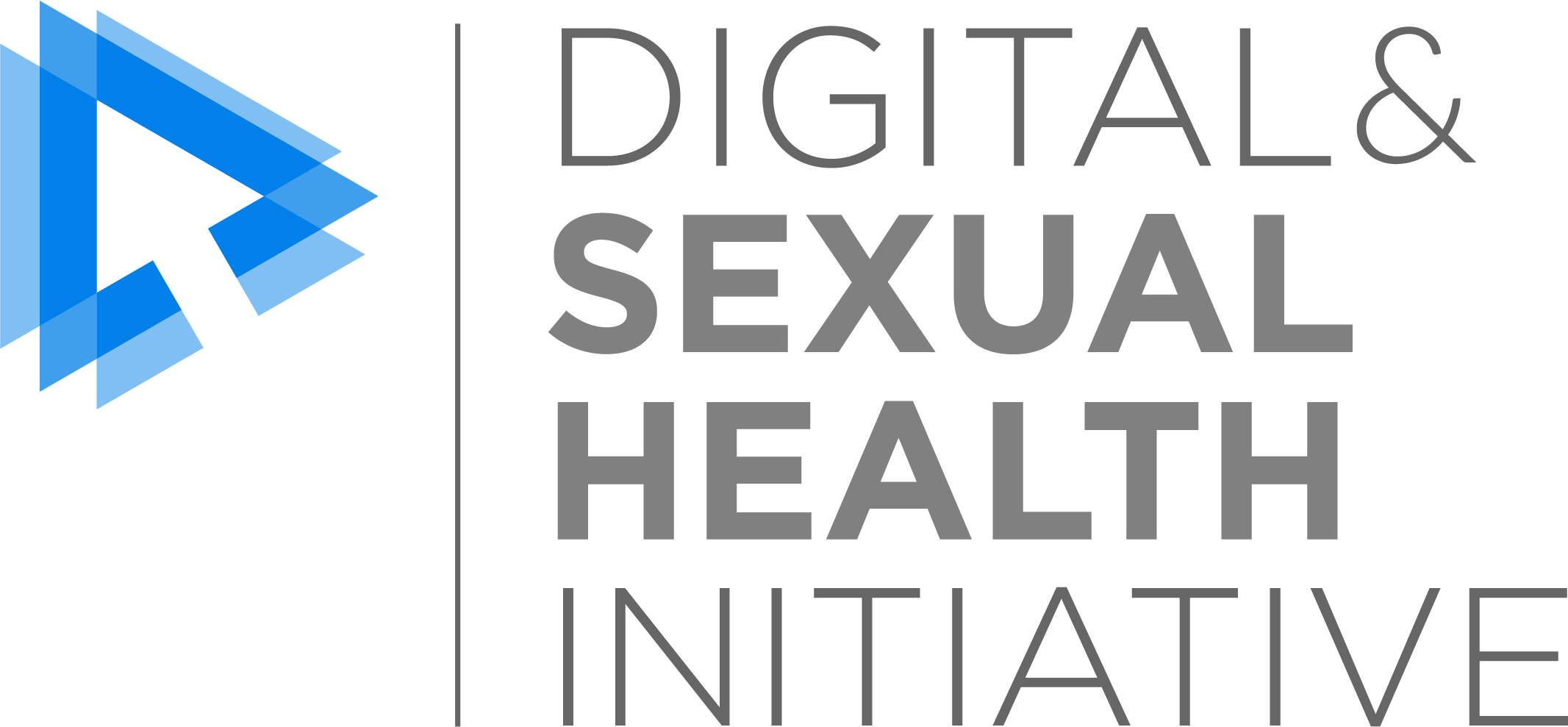How can we train the public health workforce to maximize opportunities for digital transformation of public health in Canada? Findings from a multiphase exploratory study
![]() View Final Report of Recommendations
View Final Report of Recommendations
Research theme(s)
Digital Health
Ihoghosa Iyamu, Swathi Ramachandran, Hsiu-Ju Chang, Andre Kushniruk, Francisco Ibáñez-Carrasco, Catherine Worthington, Hugh Davies, Geoffrey McKee, Adalsteinn Brown, Mark Gilbert.
Public Health 2025, Winnipeg, Manitoba, April 29– May 1, 2025.
Related knowledge products
- Digital Competencies and Training Approaches to Enhance the Capacity of Practitioners to Support the Digital Transformation of Public Health: Rapid Review of Current Recommendations (link)
-
Considerations for adapting digital competencies and training approaches to the public health workforce: an interpretive description of practitioners’ perspectives in Canada (link)
-
Building the workforce’s capacity to support the digital transformation of public health: An environmental scan of training programs for digital technologies in public health (link)
- Digital Public Health seminar series (link)
Introduction/background:
We identified and developed digital public health (DPH) competency and training recommendations for Canadian Schools of public health to address the growing impact of digital transformation, accelerated by COVID-19 and the rise of generative artificial intelligence.
Methods:
Between 2022-23, using Thomas’ approach to curriculum development we conducted a general needs assessment by using i) a rapid literature review to explore recommendations for digital competencies and training; ii) an environmental scan of training programs awarding DPH degrees to identify common content, training methods and disciplines involved in designing and delivering program content; and iii) focus groups with diverse public health practitioners in Canada to explore Canadian contextual factors relevant in updating digital competency and training recommendations.
Results and analysis:
Digital competency recommendations cut across all Public Health Agency of Canada’s (PHAC) core competency categories with a new category supporting ethical and efficient use of digital data streams and management/governance of digital data infrastructure. Among 58 relevant programs and courses (5 Canadian), three focus areas were identified – public health data science (50%), public health informatics (28%) and a mix of programs supporting other competencies (22%; e.g. design, implementation, evaluation of DPH programs; understanding digital determinants of health). Most programs used inter/transdisciplinary approaches for content design and delivery. Three main themes identified in focus groups (Figure 1) – strengthen basics (digital literacy and competencies) before extending to advanced competencies, build public health capacity with options for digital specialization where necessary and DPH systems must evolve alongside competencies. Findings emphasize an integrated approach to curriculum development that complement supportive DPH systems.
Conclusions and implications for policy, practice or additional research:
Updated competency frameworks and public health training programs must consider DPH competencies with; i) a focus on a public health first approach with opportunities for digital specialization; ii) emphasis on transdisciplinarity and iii) advocacy for concurrent improvement in public health digital systems capabilities.

